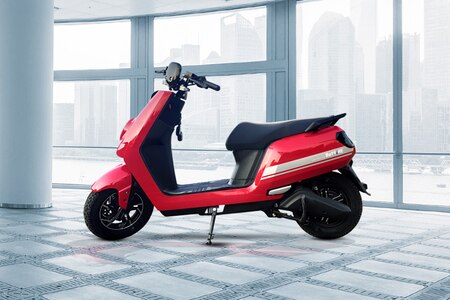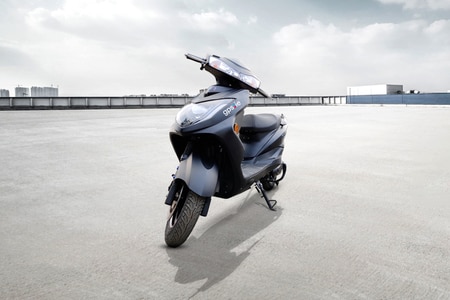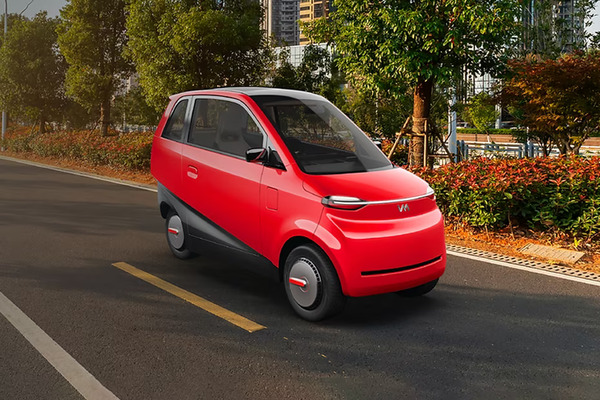World's first hydrogen fuel cell powered electric three-wheeler unveiled
- During its test runs, the electric three-wheeler powered by hydrogen fuel cell ran for more than 6,000 miles in rugged road conditions.
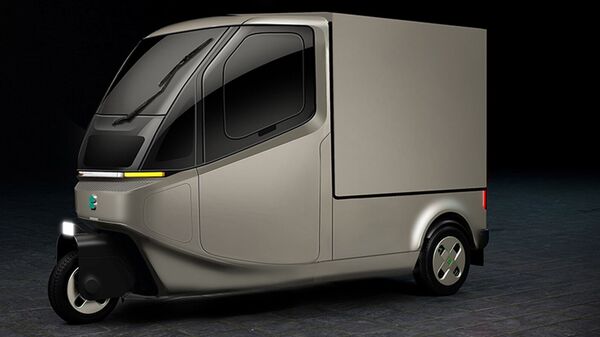

California-based Biliti Electric has unveiled the world's first hydrogen fuel cell (HFC) powered electric three-wheeler vehicle, called FastMile. The vehicle has a range of up to 130 miles as well as a quick refueling time of less than three minutes. FastMile's motor offers a gradeability of 20° and gets a payload capacity of 1500 lbs. During its test runs, the EV three-wheeler ran for more than 6,000 miles in rugged road conditions.
While most hydrogen fuel cells are meant for stationary or warehousing applications, and are not suitable for on-road deployments, Biliti says that it has successfully managed to integrated all the fuel cell components in its EV three-wheeler by upgrading the components to automotive standards. “This is a major step towards shaping the future of hydrogen energy and fuel cells for global markets," said Rahul Gayam, CEO of BILITI Electric.
Also check these Vehicles
Also Read : Hyundai partners Iveco to sell hydrogen fuel cell buses in Europe
Electric three-wheelers or e-tuktuks are important part of the last-mile mobility fleet and these vehicles have actual real utility in the right location. The market for these vehicles is vast including crowded urban areas, coastal and island communities, gated neighborhoods, and sprawling suburbia. Thus, bringing this technology in a three-wheeler EV vehicle is a significant progress.
A fuel cell electric vehicle (FCEV) is different from a battery electric vehicle (BEV) in certain aspects with the main difference being that BEVs contain a large battery to store electricity, while FCEVs create their own electricity by using a hydrogen fuel cell. “BEVs are not the only solution for decarbonizing transportation. We are transforming the application and commercialization of HFCs by bringing the technology to compact and affordable vehicles as well," Gayam added.
Globally, the three-wheeler refueling market is worth $40 billion annually and at a price point of $7/kg of hydrogen, three-wheeler FCEVs achieve price parity with their conventional counterparts. Production cost of grey hydrogen (produced using fossil fuels) is currently sub-$2/kg. This allows for transition to FCEVs today with the ability to switch to green hydrogen (produced from renewable energy), which is expected to drop to $1/kg by 2030.
,







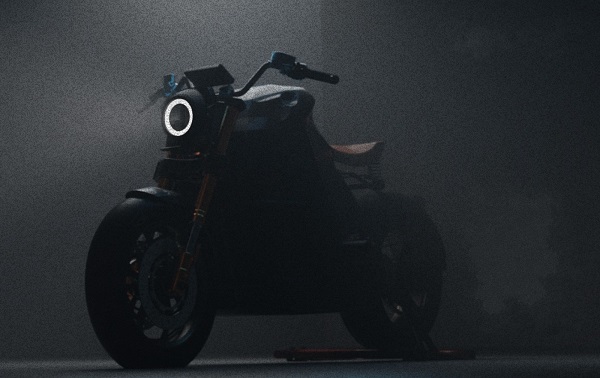
 11.6 kwh
11.6 kwh 344 km
344 km
